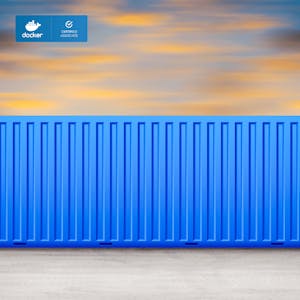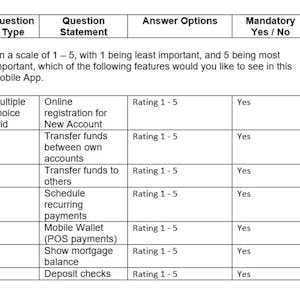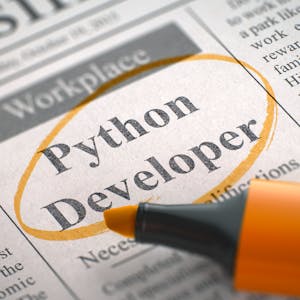Getting Started with Docker
About this Course
Welcome to the Getting Started with Docker course! This course aligns with the Docker Certified Associate (DCA) Certification requirements. The course aims to provide you with practical skills and knowledge in various aspects of Docker, from installation and configuration to advanced container management and optimization. This course requires a solid understanding of Linux as a prerequisite and comprehensive knowledge of docker. This course is designed for individuals new to Docker, as well as cloud professionals, architects, software developers, software engineers, technical leads, and system administrators. By the end of this course, you will be able to: - Gain hands-on experience with Docker Engine implementation, including installation on Ubuntu and CentOS, along with uninstallation procedures. - Learn the essentials of Docker Client configuration and understand Docker Registry operations for managing images effectively. - Master Dockerfile creation, explore its benefits and use cases, and learn to build Docker containers efficiently. - Dive into container lifecycle management, covering essential commands for starting, stopping, pausing, and restarting containers. - Explore advanced container configuration topics, such as naming containers, deploying applications, and optimizing container performance through runtime configurations. This course contains engaging videos, readings, and knowledge checks for a high-quality learning experience.Created by: LearnKartS

Related Online Courses
Learners can expect to acquire advanced skills in leveraging data for financial decision-making, with outcomes including proficiency in risk assessment, investment valuation, and strategic... more
User Research is at the heart of creating engaging, user friendly, and successful products, services, and designs. By the end of this project, you will learn the fundamentals of user research by... more
Learners will be introduced to the problems that vision faces, using perception as a guide. The course will consider how what we see is generated by the visual system, what the central problem for... more
Resilient teaching is the ability to facilitate learning experiences that are designed to be adaptable to fluctuating conditions and disruptions. This teaching ability can be seen as an outcome of... more
This course will continue the introduction to Python programming that started with Python Programming Essentials and Python Data Representations. We\'ll learn about reading, storing, and processing... more







